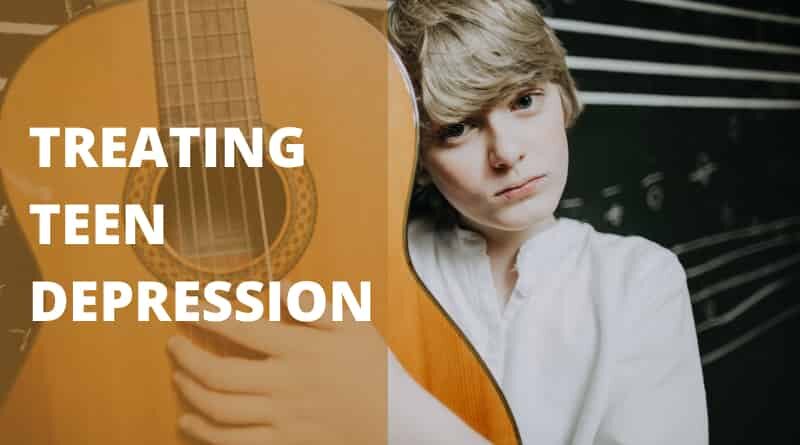What Does Teen Depression Feel Like?
Being a teenager is challenging enough. In these formative years, you have to negotiate new challenges, social dynamics, and the pressures of school, work, and family. But for many teens, these years can be even more challenging. For teens struggling with depression, even simply getting out of bed can be overwhelming.
As a parent, it’s important to understand teen depression and recognize the common symptoms that serve as warning signs that your teen may need help. While there is no handbook on how to deal with teen depression, doctors and mental health professionals can help you, and your teen identify the mental health condition and develop beneficial habits and coping mechanisms to gain back control of their lives.
Here, we’re taking a closer look at teen depression to understand the common symptoms and what it really feels like for a teen living with depression. We then review some of the most effective treatment options for teen depression.
Table of Contents
WHAT IS TEEN DEPRESSION?
Depression is a real mental health condition that affects millions of individuals all over the world. No matter your age, depression can make your daily life a challenge and prevent you from living a fulfilling, rewarding life. According to the American Psychiatric Association (APA), depression, clinically known as major depressive disorder, is a “common and serious medical illness that negatively affects how you feel, the way you think, and even how you act.” While often characterized by sadness and isolation, teen depression in particular can also be expressed through anger, irritability, and erratic behavior. If left untreated, teen depression can lead to serious health complications.
HOW IS TEEN DEPRESSION UNIQUE?
While teen depression may have the same roots as depression in adults, this mental health disorder has a unique effect on those in their teen years. One example: adult’s depression is often characterized by sadness or lack of interest in activities and people, while teens with depression may act more irritable, angry, and act out against their parents or peers. Additionally, while adults with depression tend to isolate themselves, teens with depression may still spend time with their friends and engage in social activities.
While there are many similarities, there are a few key differences between adult depression and teen depression. While adults will tend to withdraw from those around them, depressed teens may still engage socially and act as if nothing is wrong. Adults with depression often express this condition through sadness and disinterest, while it’s common for teens with depression to act more irritable and outwardly angry. Teens may also struggle more with understanding and coping with their condition.
Read: Parents Guide to Dealing with ADHD in Children
COMMON SYMPTOMS OF TEEN DEPRESSION
Each case of depression is unique to the individual. Depending on the severity of the mental health condition, their environment, and their levels of support, teens may express various symptoms of teen depression. While most teens won’t exhibit all these symptoms, most tend to show at least a few of the most common symptoms.




